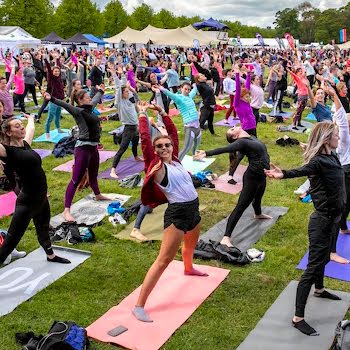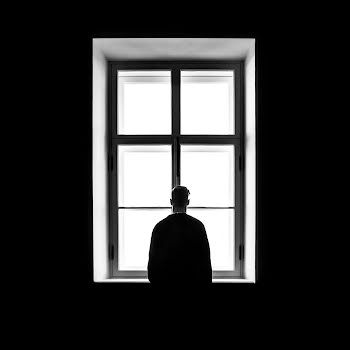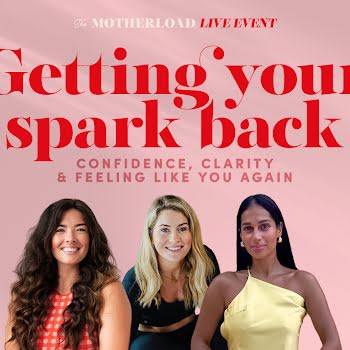Another thing to know is that introverts feel exhausted after talking for too long. It’s called overstimulation, where the mind needs time to re-energise. Having a tiny slice of quiet time all to myself is exactly what I need to process and just think about things.
When Nate Dearne wrote a tongue in cheek article in the New Yorker called ‘I’m not an asshole. I’m an introvert,’ he never realised the can of worms he was opening. But introverts everywhere came forward sharing stories about common misunderstandings when it comes to describing this personality type.
“I can be loud at times, and I’m not shy, so a lot of people assume that I’m an extrovert. But I’m not. I’m an introvert. When I explain this to people, they ask me, “Well, if you’re such an introvert, why are you talking to a group of strangers in an elevator? This is a social interaction that you initiated and could have easily avoided.” I don’t answer them. I just shake my head at how misunderstood the word “introvert” is these days.”
But we are not all a**holes, I promise.
Zing
Those described as introverted are often labelled as social awkward, shy, weird, but the reality is that introverts are people who get their energy from spending time alone.
31-year-old Audrey works as a beauty therapist at a luxury hotel. She admits that initially she felt that being an introvert would affect her work with clients. “I was nervous about talking to people all day but actually a good way to see it is kind of like a battery that I recharge. Usually by sending a little time alone, then I can go out into the world and connect really well with people.”
A 2008 study published in the Journal of Motor Behavior found that introverts take a longer time to process information than extroverts. This is because they process more thoughtfully than extroverts do — they take extra time to understand ideas before moving on to new ones.
Too much
In addition, those who believe they are introverted describe themselves as better listeners and list their observation skills among some of the positives.
“I notice things others might not notice because they’re talking and processing out loud.” Audrey says. However she says she is much better one on one than in a group setting.
“Being in a large group can be overwhelming so I tend to fare better in smaller splinter groups where I can listen and be heard. I don’t have a natural inclination to be the centre of attention, and I find group conversations are usually only skimming the surface of a topic so I really enjoy going deeper with one or two people and I’m find with that.”
Introversion is a personality trait characterised by a focus on internal feelings rather than on external sources of stimulation. Introverts and extroverts are often viewed in terms of two extreme opposites, but the truth is that most people lie somewhere in the middle.
Self-contained
In a 2011 study researchers outlined four areas of introversion:
- Social describes the tendency to prefer spending time in smaller groups of people or alone.
- Thinking describes the tendency to spend a lot of time absorbed in your imagination and the inner landscape of your thoughts.
- Anxious reflects the need to spend time alone because the company of other people prompts feelings of shyness, social awkwardness or lack of confidence. Alone, you might ruminate on past experiences or worry about future ones.
- Inhibited simply means you’re more likely to act with restraint than impulse. You tend to keep your thoughts and feelings to yourself, and you generally won’t pursue thrills and new sensations until you’ve taking plenty of time to consider your choices.
Meanwhile extroverts are more likely to seek out social interaction and conversations, thrive in busy environments, have a more outgoing nature, express themselves easily.
But despite the differences, the two different personality traits can even each other out. Though extroverts tend to have a preference for engaging in an external world of people and things, and introverts tend to gain energy by engaging in an internal world of thoughts and ideas, often that combination can lead to a vast opening up of new possibilities to both sides.
In other words, dynamics can tweaked to make sure both get what they need from their shared worlds.
As a dedicated introvert myself, I’ve learned to take what I need when I have to restore my energy and have found the right balance between partying and leaving before it drains me. Not always, but often.
Or as Nate Dearne puts it: “I actually do like parties. That being said, once I’m at a party, you won’t find me introducing myself to people, or thanking the host for having me, or going out of my way to show an interest in what someone else wants to talk about if it’s not me and my life, or any of that other extrovert stuff.”
But I say it’s usually the emptiest can that rattles the loudest.
This article was originally published in June 2022.






















